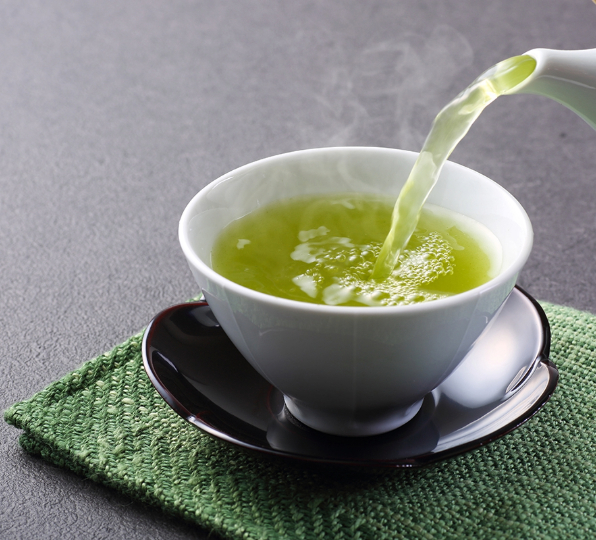Introduction:
Green tea has long been praised for its possible health advantages, which range from increasing metabolism to lowering the chance of developing chronic illnesses. But amid all of the excitement about this well-liked beverage, some myths and false beliefs have surfaced. A nutritionist dispels three widespread misconceptions about green tea in this blog post, so you can stop believing them.
1. Green Tea Alone Will Help You Lose Weight
- Many people believe that drinking green tea alone is enough to shed pounds effortlessly. While green tea contains compounds like catechins and caffeine that may boost metabolism and fat burning, it is not a magic weight loss solution.
- The nutritionist explains that weight loss requires a combination of factors, including a balanced diet, regular physical activity, adequate sleep, and stress management.
- While green tea can complement a healthy lifestyle and support weight loss efforts, it is not a substitute for other key components of a successful weight management plan.
2. All Green Tea Varieties Are Created Equal
- Another common myth is that all green tea varieties offer the same health benefits. In reality, the quality and composition of green tea can vary depending on factors such as processing methods, growing conditions, and harvesting practices.
- The nutritionist emphasizes the importance of choosing high-quality, organic green tea that is minimally processed and free from additives and contaminants.
- Additionally, the brewing method can impact the antioxidant content and flavor of green tea, so it’s essential to follow brewing instructions and avoid over-steeping to maximize its health-promoting properties.
3. Green Tea Is Safe to Consume in Unlimited Quantities
- While green tea is generally safe for most people when consumed in moderation, excessive intake can lead to adverse effects due to its caffeine content.
- Consuming large amounts of green tea can cause caffeine-related side effects such as insomnia, jitteriness, heart palpitations, and digestive issues.
- The nutritionist advises against exceeding the recommended daily limit of green tea, which is typically around 2-3 cups per day for most individuals.
- Pregnant women, individuals with caffeine sensitivity, and those taking certain medications should exercise caution and consult with a healthcare professional before consuming green tea regularly.


Conclusion:
By dispelling these common myths about green tea, the nutritionist aims to provide clarity and guidance for individuals seeking to incorporate this beverage into their daily routine. While green tea offers numerous potential health benefits, it is essential to approach it with realistic expectations and mindful consumption habits. By choosing high-quality green tea, practicing moderation, and integrating it into a balanced lifestyle, you can harness its health-promoting properties and enjoy its refreshing flavor with confidence.












